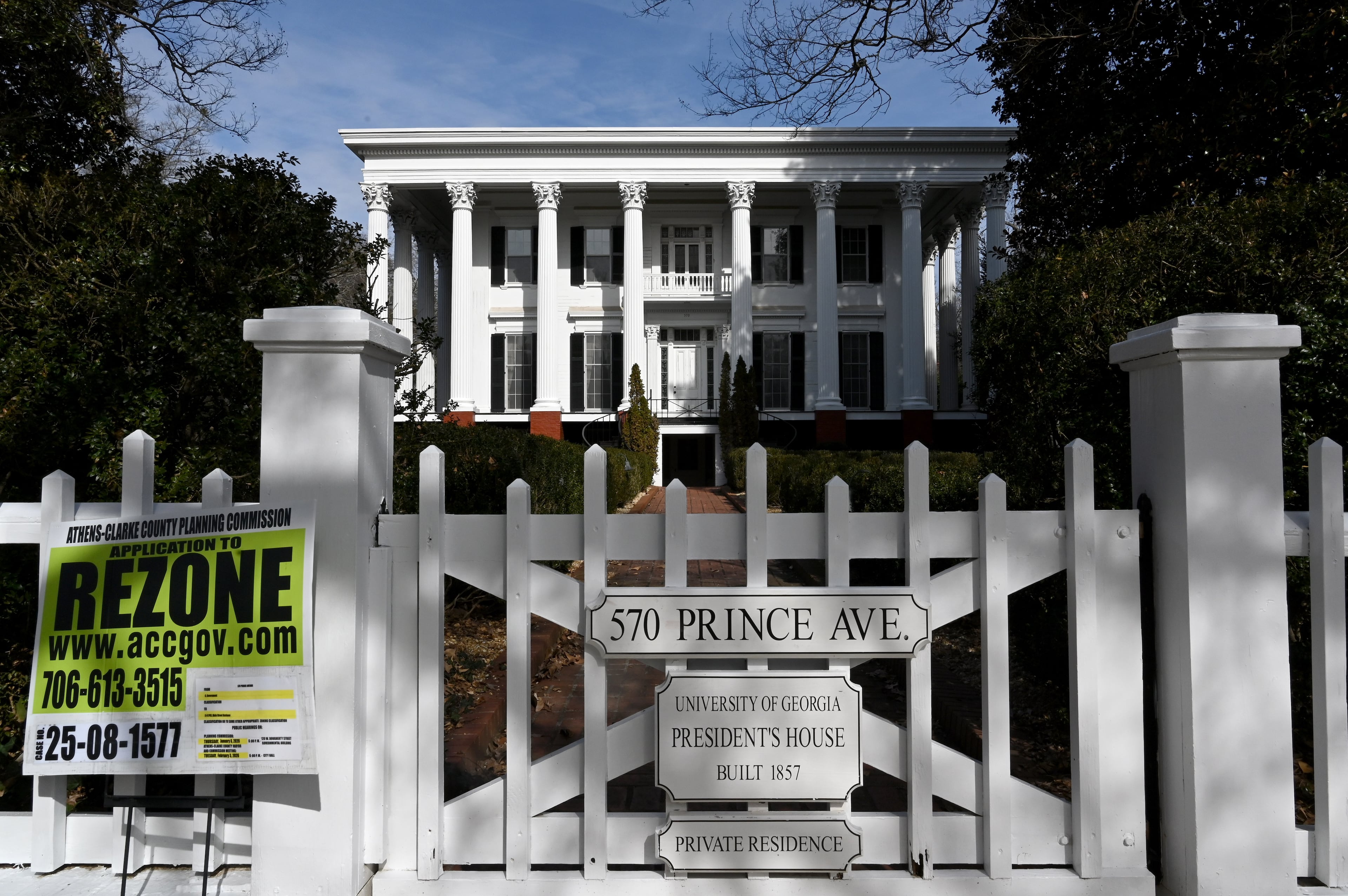Open med schools to black males
Dr. Valerie Montgomery Rice is president and dean of Morehouse School of Medicine.
As president and dean of Morehouse School of Medicine, I am proud of Davon Thomas for many reasons.
Dr. Thomas recently graduated from Morehouse School of Medicine at the top of his class with a 4.0 grade-point average. His national board exams were the highest in the class, surpassing national averages. At our award ceremony, Dr. Thomas sat quietly with his mother, wife and two younger siblings and received virtually every academic award we present to medical graduates. His mother Denise glowed as her son placed each award – all 13 of them, one by one – gently in her lap.
Dr. Thomas is viewed as an anomaly in this country. In medicine, as a 25-year-old African-American man, he earned a medical degree amid a troubling shortage today of black males in American medical schools. He is also among a very small percentage of young black males who maintain interest in science and math from elementary school through college.
This month, the Association of American Medical Colleges released a critical report titled, “Altering the Course: Black Males in Medicine.” The report shines light on a crisis in American medicine that should compel the nation’s 144 medical school leaders and those in the entire educational continuum to think differently.
In 2014, of the nearly 40,000 applicants to U.S. medical schools, only 6 percent – 3,537 – were black. Of those 3,537 black applicants, only 37.8 percent –1,337 –were men. The nearly 2-to-1 gender gap between black female and male applicants was the largest gender disparity of any racial group.
There are many reasons for this crisis. Too many black males drop out before graduating from high school. Of those who stay, too many lose interest in science, technology, engineering and math disciplines before or during high school. Of those who succeed in entering college with STEM majors, many will change their majors. Then, of those who succeed in taking the Medical College Admission Test, most will not apply to medical school for reasons we do not yet understand. And finally, of those who take the MCAT exam and apply to medical school, 61 percent are not accepted.
This leads us to another reason for this crisis: the enormous value placed on MCAT scores. Often, students with scores 2 or 3 points below the national average – like Davon Thomas – do not get interviews. Hundreds of aspiring physicians each year are effectively denied access to medical school, which disproportionately impacts blacks and other underrepresented minorities.
The MCAT exam is but one piece of data that should be considered in assessing a student’s ability to be successful in medicine. Undergraduate GPA is another. However, qualitative markers that help measure perseverance, persistence and a commitment to serve others are also critically important in assessing an applicant’s ability to bring value to a team of health care providers.
The AAMC report calls on “leaders across the education continuum, from kindergarten through professional school, to rise to the challenge of increasing the number of black males in medicine.” As education, business and policy leaders, we must address both ends of the pipeline.
On the front end, we must increase funding and strategic collaborations in k-12 pipeline programs to attract and sustain more young black males to STEM disciplines as we fiercely address stunning dropout, jobless and incarceration rates. On the back end, we in academic medicine must think differently about the admissions and enrollment process, using both quantitative and qualitative measures to gauge one’s ability to succeed and add critical value to health care teams.
The research is clear that physicians who are members of underrepresented minority groups disproportionately chose primary care fields that have the greatest impact on vulnerable populations and creating health equity. Which brings me back to Dr. Davon Thomas. Instead of pursing high-paying medical specialties, which many young physicians are doing as medical school debt rises, Dr. Thomas has chosen family medicine, the purest form of primary care and the area of greatest need in this country.
We should all be proud.


